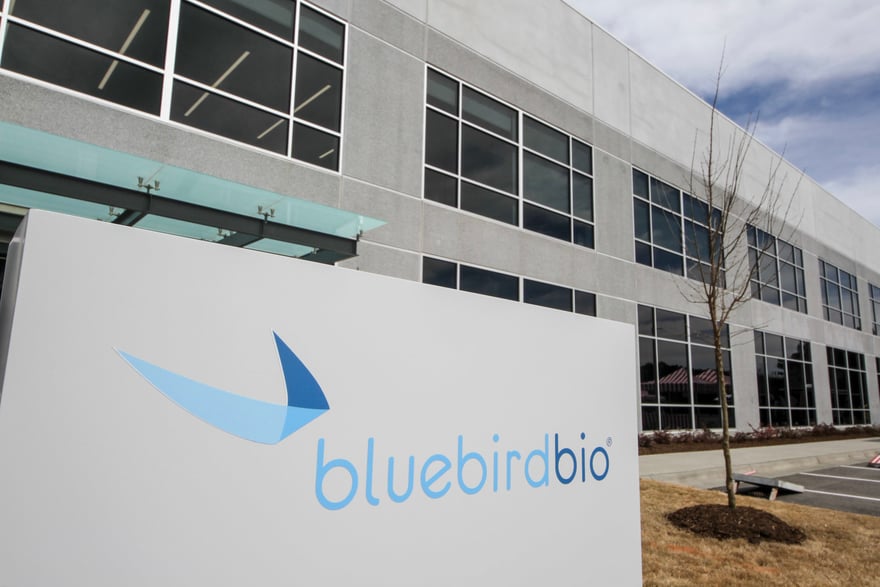After missing out on FDA voucher, bluebird quickly raises funds to support gene therapy launches
19 Dec 2023
Priority ReviewDrug ApprovalGene Therapy

Preview
Source: FiercePharma
Bluebird could have $250 million in new funds after a pair of fundraising efforts. The money will support the company's ongoing gene therapy launches.
Despite bluebird bio winning a recent FDA nod for its much-anticipated sickle cell disease gene therapy Lyfgenia, the regulatory triumph left something to be desired for the company because the agency didn’t grant a lucrative priority review voucher (PRV).
That came as a surprise to bluebird, which had previously inked a deal to sell a potential PRV to Novartis for $103 million. Now, bluebird is hurrying to raise millions of dollars—through two separate avenues—to fund the launch of its new sickle cell disease gene therapy and others.
In one fundraising approach, bluebird said it reached an agreement to hand over future gene therapy revenues to Alterna Capital Solutions in exchange for up-front funding. The deal covers a maximum credit of $100 million for bluebird, the company said in an SEC filing (PDF).
Additionally, bluebird is working with Goldman Sachs and J.P. Morgan Securities to sell $150 million in new shares. In a Monday release, the company said it’ll use the funds to “support commercialization and manufacturing” of its gene therapies and for general operations.
Both disclosures come right on the heels of the FDA’s approval of Lyfgenia for sickle cell disease. Along with Lyfgenia, the agency approved Vertex and CRISPR Therapeutics’ Casgevy, the first CRISPR-based gene-editing therapy, also for sickle cell disease.
But in approving bluebird's medicine, the agency denied the company's request for a PRV, which can be used to speed review of another drug application. In its approval letter, the agency said (PDF) that the drug's active ingredient was already used in bluebird's Zynteglo, so the new application didn't qualify for a PRV.
Besides the PRV snub, bluebird’s medicine faced questions over its high price—the drug costs $3.1 million per dose compared with $2.2 million for Casgevy—and a boxed warning detailing the risk of hematologic malignancy.
Bluebird's share price fell 40% after the approval and has not recovered.
Besides Lyfgenia, bluebird markets Zynteglo for the blood disorder beta thalassemia and Skysona for the treatment of cerebral adrenoleukodystrophy. The company expects 85 to 105 cell collections, or patient starts, next year across its three commercial products.
Cash is a major concern for the drugmaker. In its most recent quarterly filing (PDF) with the SEC, the company said "management has concluded that there is substantial doubt regarding our ability to continue as a going concern."
Before the most recent fundraising efforts, bluebird estimated that its cash and certain other assets could fund operations through the second quarter of 2024.
For more details,please visit the original website
The content of the article does not represent any opinions of Synapse and its affiliated companies. If there is any copyright infringement or error, please contact us, and we will deal with it within 24 hours.
Organizations
Indications
Targets
-Hot reports
Get started for free today!
Accelerate Strategic R&D decision making with Synapse, PatSnap’s AI-powered Connected Innovation Intelligence Platform Built for Life Sciences Professionals.
Start your data trial now!
Synapse data is also accessible to external entities via APIs or data packages. Leverages most recent intelligence information, enabling fullest potential.





